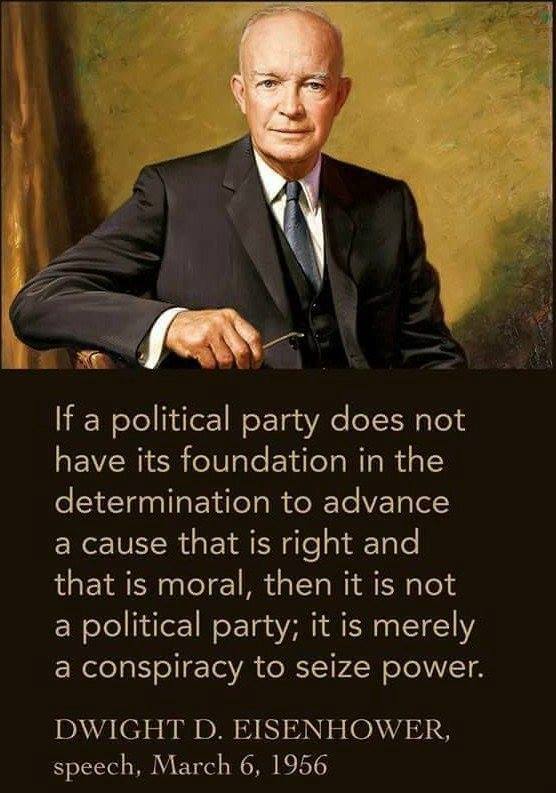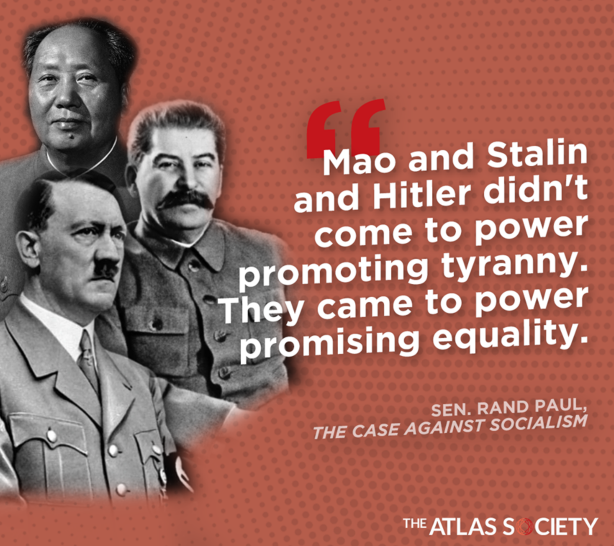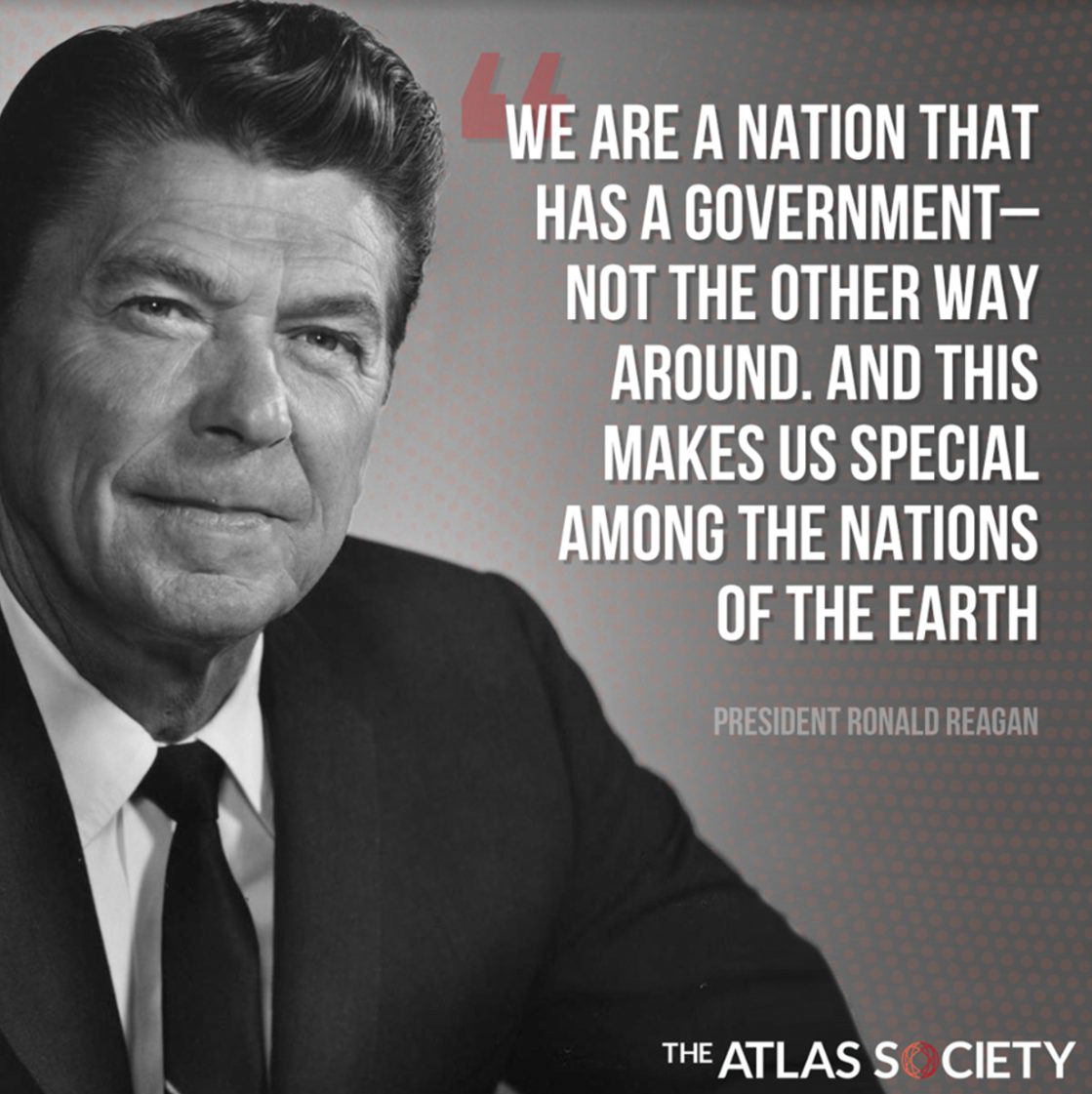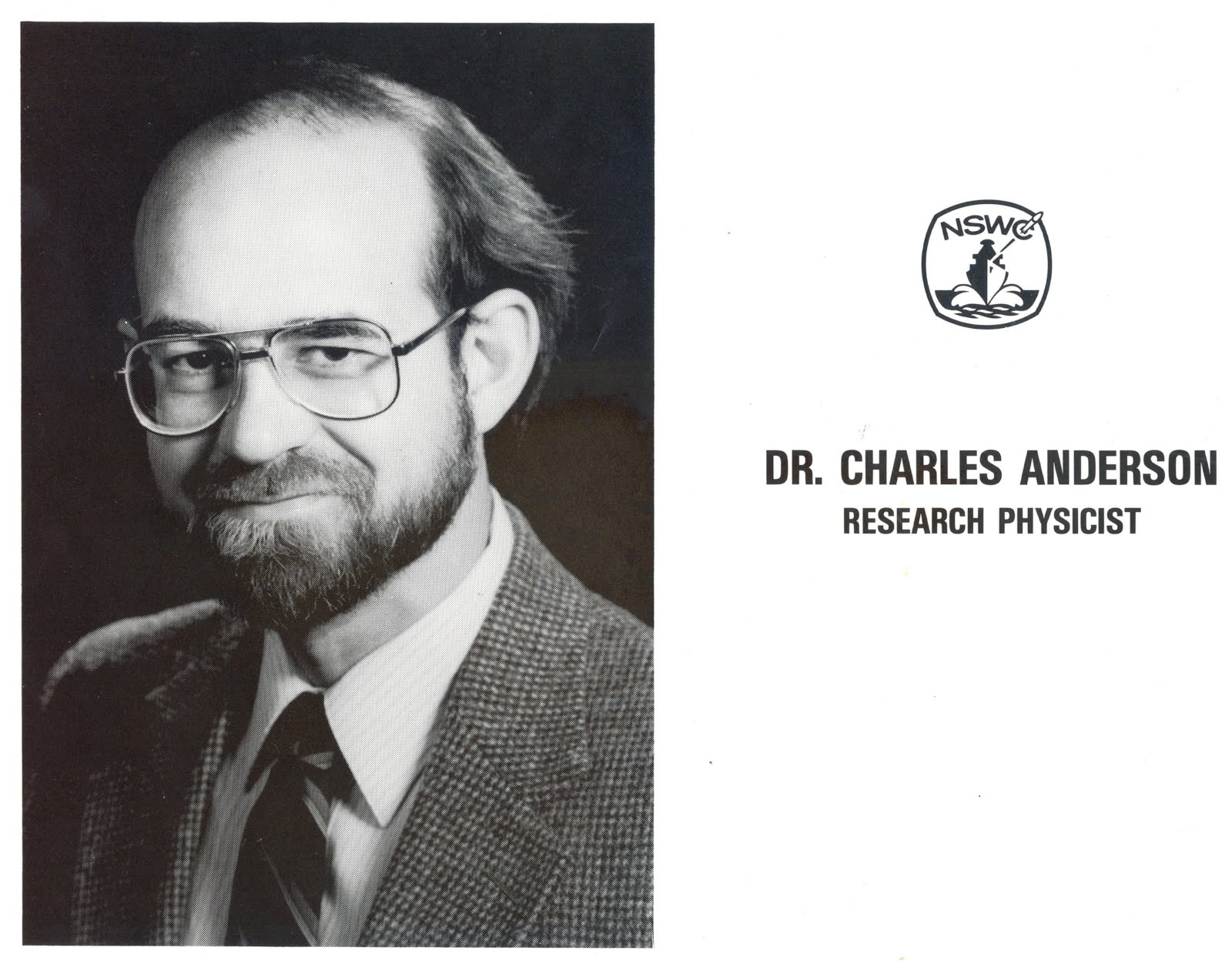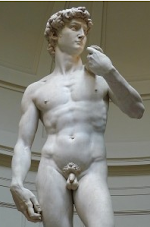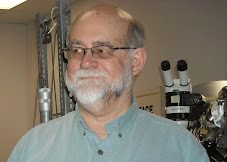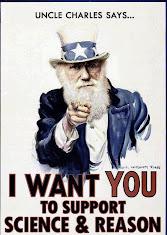- I do not formally define "tolerance" so the reader assumes that it means what some particular dictionary says it means. This ignores the fact that I clearly am saying that the dictionaries have not adequately defined the concept we need as Objectivists. My essay attempted to start a formulation of what we do need to understand about the concept of tolerance.
- I am making tolerance into a major virtue, therefore I am putting it at the level of rationality, honesty, justice, and independence. This is unjustified in their opinions. I will immediately point out that rationality is the primary virtue and is on a level of its own. Honesty, justice, independence, and tolerance are major virtues, but not primary. There is also plenty of room to grade these secondary or tertiary virtues, along with others such as benevolence. Nonetheless, each is a major virtue, certainly as compared to punctuality or fashionableness! Of course, if someone insists that tolerance is simply a high pain threshold for the irritations caused by others, then tolerance is perhaps a relatively minor virtue.
The key issue is then to try to more clearly explicate the concept we need for the virtue of having a rational respect for the value contributed to each of us and to our civilization by others who themselves make an effort to think and to make their thoughts known to others. In this, we recognize that our primary means of identifying reality and providing oneself with the means to survive is through the use of our ability to reason. To apply my rational faculty takes a great effort of focus. This effort to focus is not only great at any given moment, but it must be sustained over long periods of time if the results of my thought are to be consistent with reality. I know this by introspection. I assume that this is most likely true of other people as well. I have also observed that many people have ideas that appear to me to be largely representative of reality, so I believe that they have some power to reason, just as I do. Indeed, because of the knowledge acquired by others, when I came into this world, I was the beneficiary of the controlled use of fire, of the wheel, of the lever, of steam engines, skyscrapers, automobiles, airplanes, steel, plastics, the U.S. Constitution, plentiful food, some respect for property rights, the theory of relativity, quantum mechanics, atomic physics, classical music, many good novels and plays, good movies, and much, much more.
I happen to greatly enjoy solving complex problems related to the use of engineering materials and sometimes to such materials as pharmaceuticals. In performing this work, I have greatly benefited from the development of computers, x-ray photoelectron spectrometers, infra-red spectrometers, thermogravimetric analyzers, differential scanning calorimeters, thermomechanical analyzers, scanning electron microscopes, potentiostat/galvanostat analyzers, white light interference microscopes, metallographic microscopes, and oscilloscopes. I might have had to spend a lifetime developing and building any of these instruments, had it not been for the dedicated mental effort of many other people. I really appreciate the fact that their efforts have allowed me to concentrate my efforts on using such instruments to solve materials problems of interest to me and to my customers. This is what turns me on.
In fact, the kind of materials problem solving work that I do depends upon a society which is generally well-developed, well-fed, capital intensive, secure from gangs and rampaging tribes, respecting of property, and in many other ways the beneficiary of thinking people over hundreds of years. I owe this relatively rational, secure, and highly developed society to the Greek philosophers, especially Aristotle, to the many thinkers of the Renaissance, to those who developed English Common Law, to the many contributors to the Enlightenment, to the American Revolutionaries and framers of the Constitution of the United States of America, to those who brought forth the Industrial Age, to those who developed our transportation systems, to those who developed agriculture to the point that 1% of the population can feed the rest of the population, and to those who learned to control many of the diseases and parasites that not long ago made it unlikely that a given human being would live to be 30 years old.
An independent material characterization laboratory such as mine would have no place in a less rational and less developed society. The fact that this was so became very clear to me when after the terrorist destruction of the Twin Towers in New York City on 11 Sep 01, my incoming work fell nearly to zero until about 20 Nov 01. This is part of the busiest season for my laboratory in most years. With people fundamentally shaken in their belief that they lived in a secure society, they had little thought to spare for the high level thinking effort required to decide that a particular materials problem existed, that it was beyond their internal capability to solve, that my laboratory might be able to help them solve the problem, how to convince their management that money should be spent on such outside analytical service, what sample materials should be sent to us, and reading and understanding our report on the results of our analysis. Society reverted to concerns more immediately and simply related to issues of survival, until people thought that there was some control in America again over our fundamental security.
Any discussion of toleration and its value has to develop upon a base of knowledge about the daily benefits we enjoy in seeking our happiness in life which were given to us by the sustained efforts of many thinking human beings who preceded us and who now surround us. Our society is the result of an incredible number of wonderfully rational efforts by others. It is also the result of many irrational efforts, but many of these are recognized for their failure to contribute to human life and are then no longer pursued. Still, many irrational ideas have taken hold, especially in those areas least immediately subject to being tested by reality and given a clearly recognizable pass or fail result. Rational people must be constantly at war with these irrational ideas, but we should be able to do so in the context that we are the net beneficiaries of many good and rational ideas even as we are beset by some evil and many irrational ideas. Objectivists too often lose the context of our lives in society and focus greatly on the ways in which we are victims of the initiated use of force, particularly as exercised by a government which no longer limits its activities to those allowed it by the Constitution. While these transgressions of society are very bad and very threatening, it is always essential to maintain a firm grasp of the context of our society today and of its history.
It is important to understand that the same person who votes to increase taxes on us and transfer our wealth to someone who has less than us in order to support their egalitarian vision for society, may also be the same person who fixed our plumbing or produced the drug that gave our father another 5 years of life. We can and should rail against the injustice of the theft of the fruit of our labor, but we should also remember that our toilet is working and not backing up sewage into our bathroom. We should remember that the last time we enjoyed with our Dad would not have happened but for the fact that many a pharmaceutical is available as the result of the rational effort of people at work who may not vote for rational policies.
A working knowledge of our very developed, but imperfect society and of its roots in history is essential for anyone who would rationally evaluate how important the virtues of benevolence and toleration are. If we lived in a society such as that of Medieval Europe, when the average person barely managed to survive by farming and might any day have all of his property taken from him by the local lord or might be killed with his wife and children by a marauding band of barbarians, it would be hard to think that benevolence was a substantial value. Indeed, any stranger one might meet would reasonably come under suspicion. If everyone but a few of your local acquaintances were so mistrusted, then the ideas that were generated by people who were not known to you, would also be viewed with suspicion from the get go. Any new idea is likely just to be someone's attempt to manipulate and control you. In such an unfavorable and unforgiving society, both benevolence and toleration will be in short supply. That this is so is actually a rather logical consequence of the nature of the Medieval society. But, ours is not a Medieval society. When we evaluate the importance of benevolence and toleration, we must have a very different context, since ours is a very different society.















